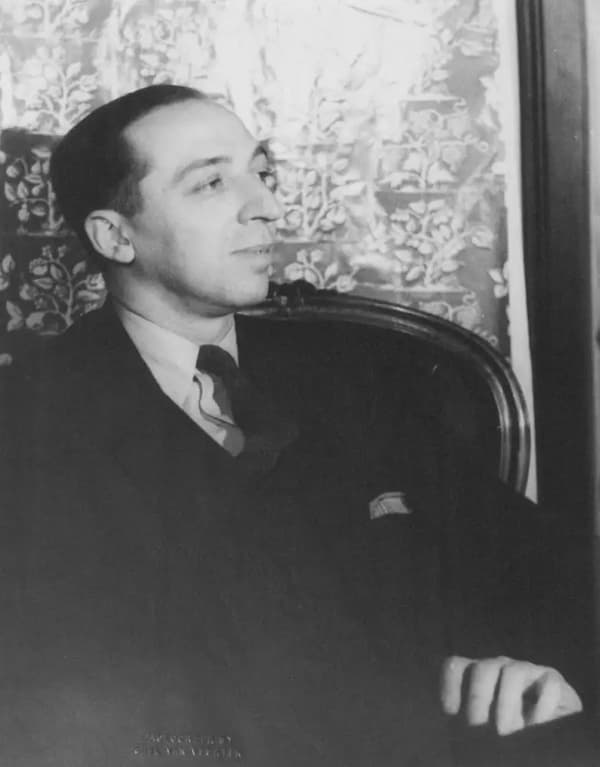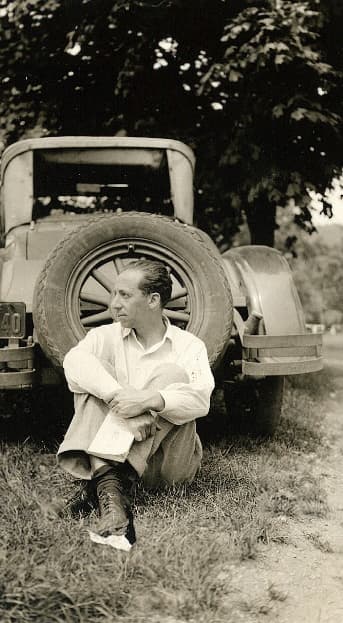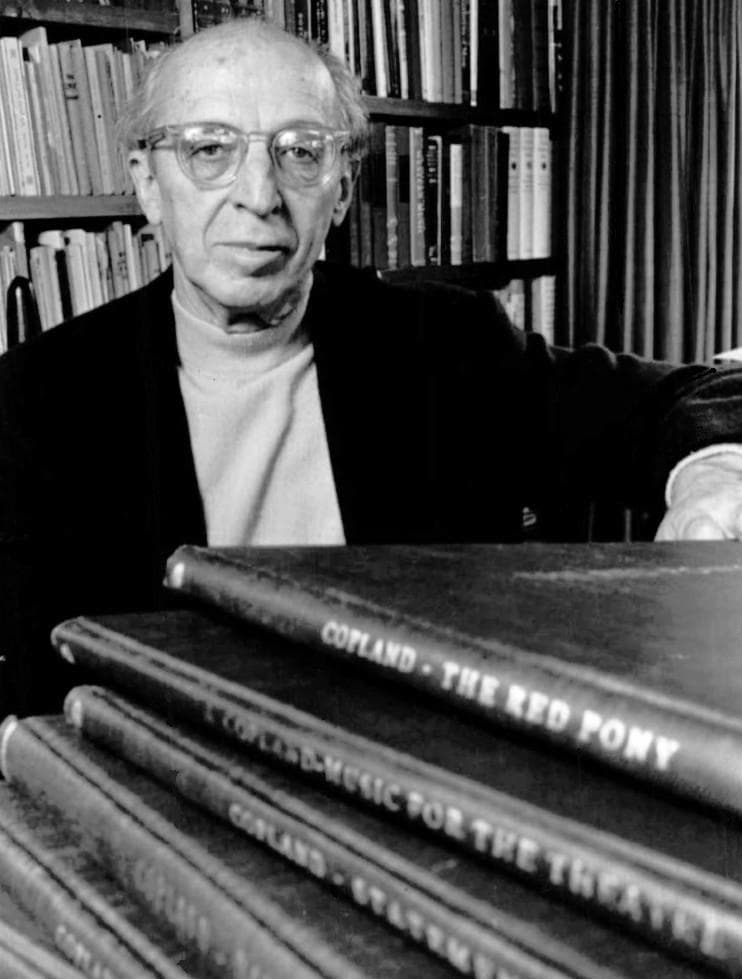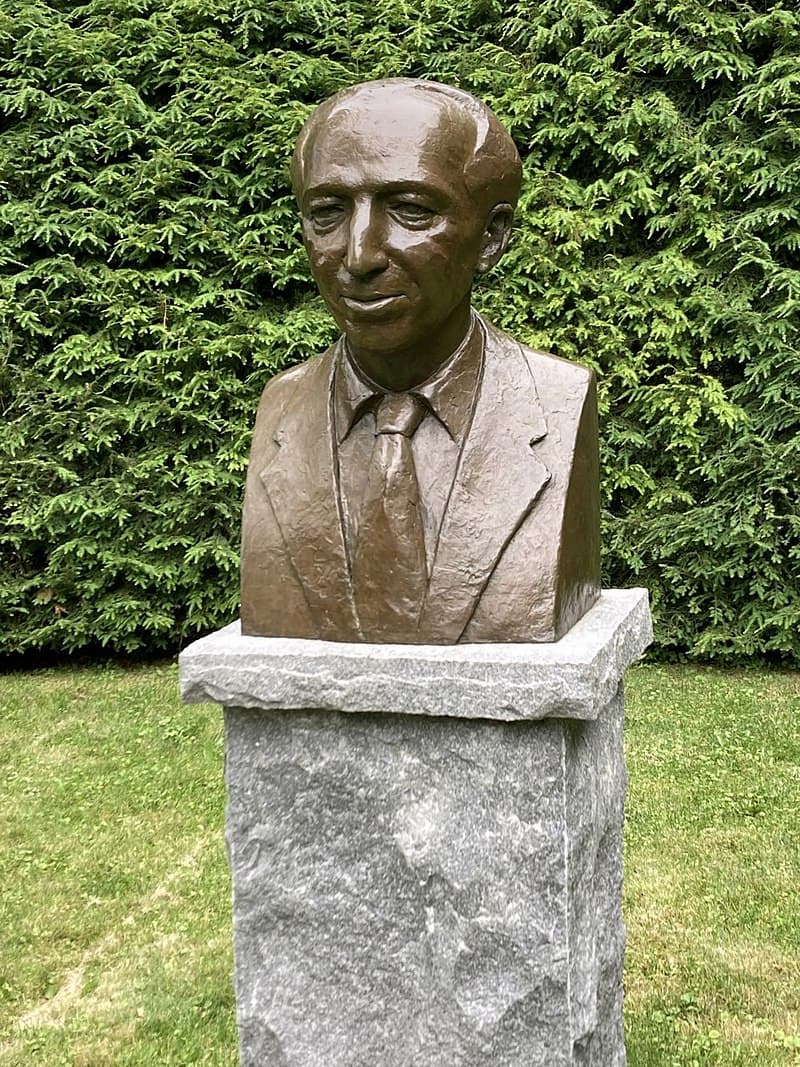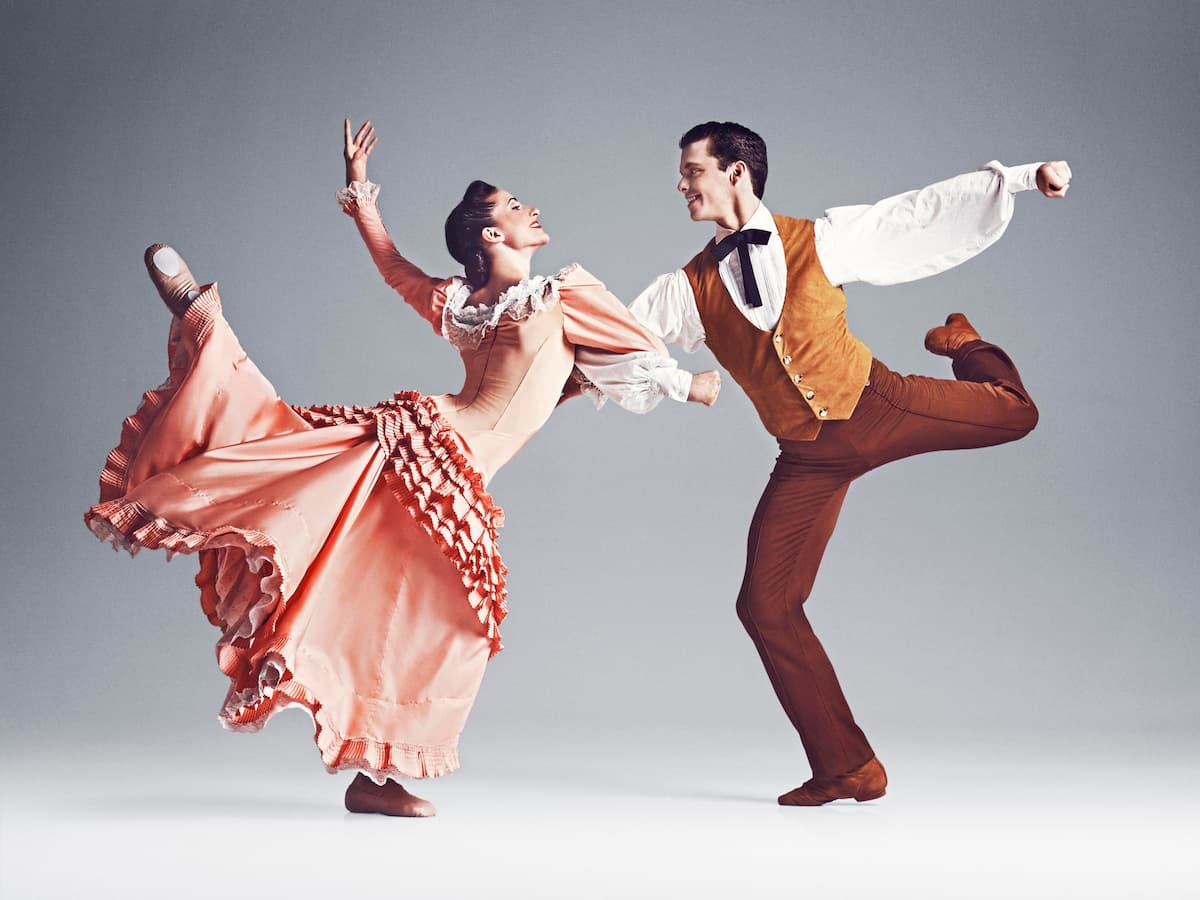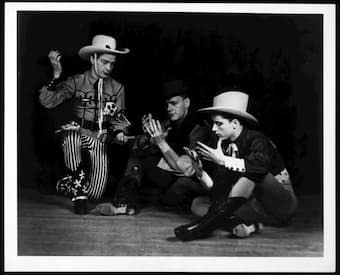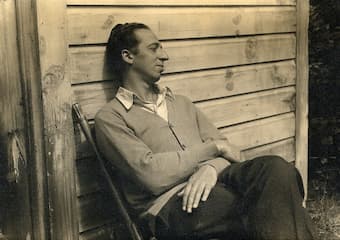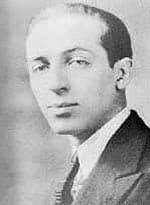In 1932, Aaron Copland (1900–1990) was in Mexico, hanging out with the Mexican composer and conductor Carlos Chávez, when they visited a nightclub, El Salón México, that was later immortalised in Copland’s 1936 orchestral work of the same name. His
Copland
The American poet Hart Crane committed suicide en route from Mexico to New York by uttering a brief ‘Goodbye, everybody!’ and jumping overboard from the steamship Orizaba. His body was not recovered. He was only 32 years old. At the
Just in case we need reminding, the “Dean of American Composers,” Aaron Copland was born on 14 November 1900. In his teens, Stravinsky studied theory and composition with Rubin Goldmark, who was considered one of New York’s most eminent composition
By the early 1970s, Aaron Copland stopped composing. As he wrote, “It was exactly as if someone had simply turned off a faucet.” He felt lucky to have been given so long to be creative, and was resigned to the
Aaron Copland can undoubtedly be counted among the most important American composers. He displayed a pronounced interest in music as a child, and his interest in music composition led him to Paris in 1920, where he studied with Nadia Boulanger.
The American tragedy these days is gun violence and how it has become a part of the familiar scene. It seems like most films from the US have a gun in the imagery and the news is filled with today’s
American composer Aaron Copland (1900-1990) only wrote one work for piano and orchestra, his 1926 Piano Concerto. To put this work in context, we need to listen to it not only as a work by the young American composer newly
Sometime in the late 1920s, American composer Aaron Copland went to a performance of S. Ansky’s play The Dybbuk, a tale of pre-destined love and demonic possession. For a production of the play in Moscow in 1919, composer Joel Engel

